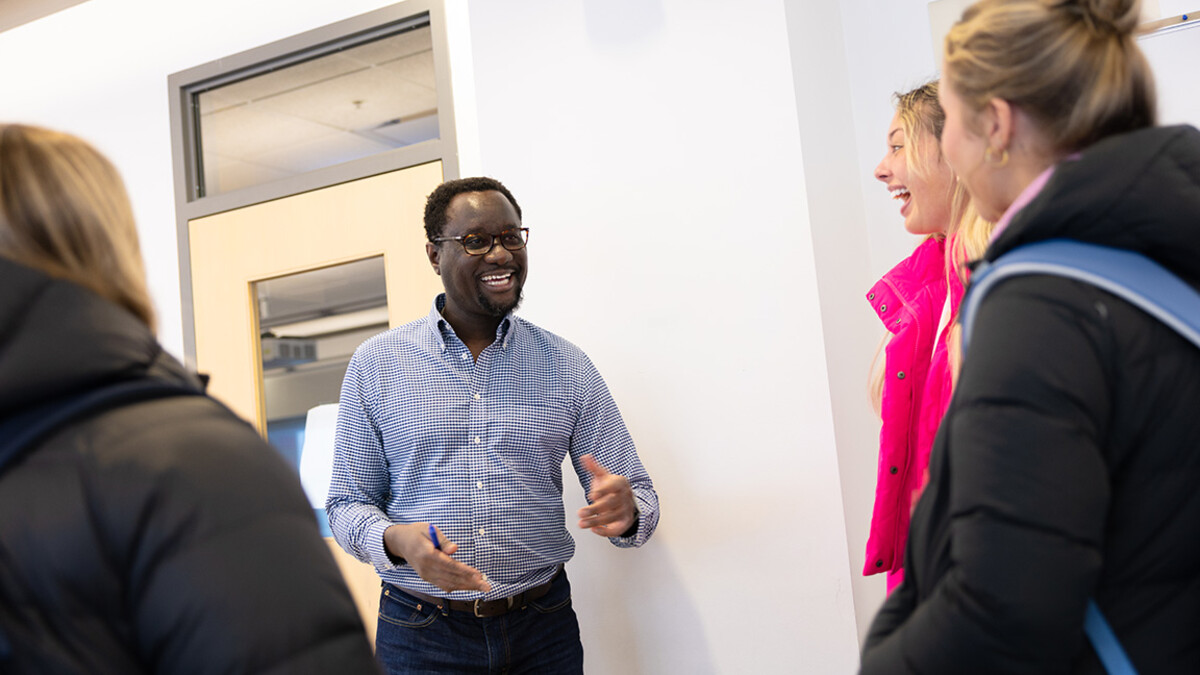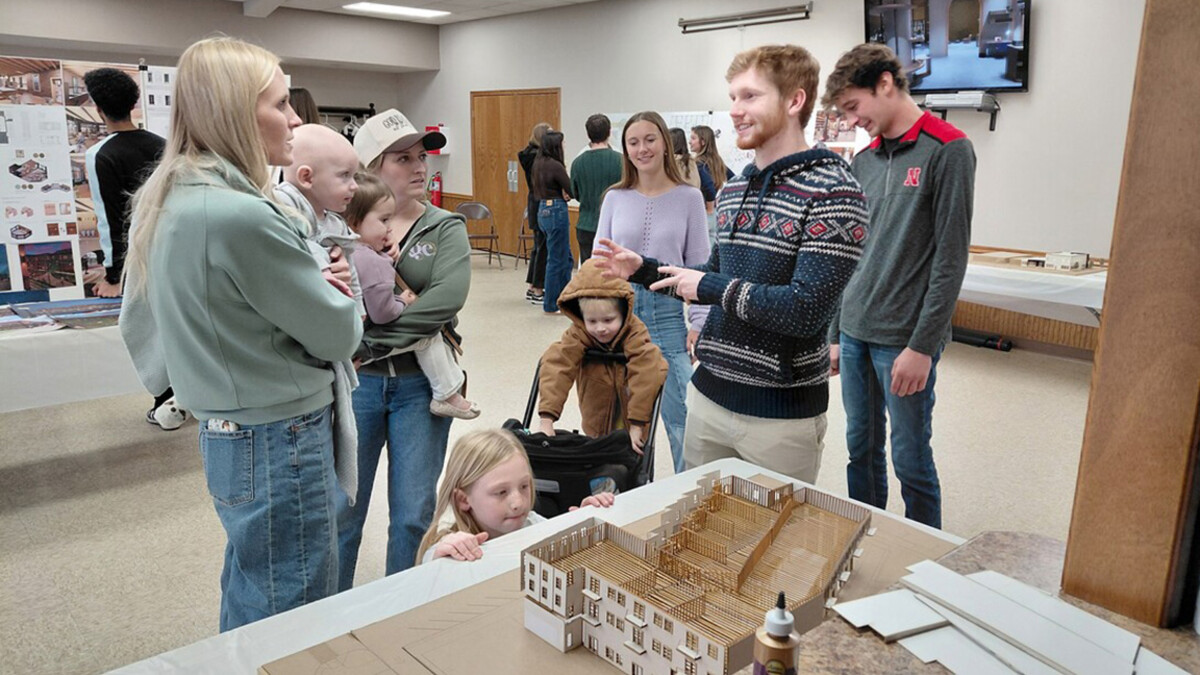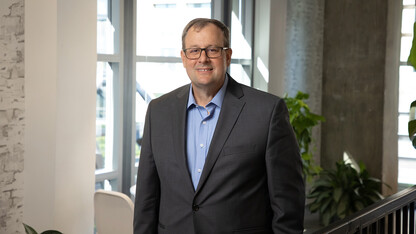
Nebraska’s John Hibbing will help explain how deep political beliefs go to astrophysicist Neil deGrasse Tyson on a Feb. 6 episode of “StarTalk TV.”
Hibbing, Foundation Regent University Professor of Political Science, recorded his appearance via Skype in October. The episode, which is hosted by Tyson, also features comedian Bill Maher, political scientist Alison Dagnes and comedian Maeve Higgins. The episode airs at 10 p.m.
>> See a preview of Hibbing’s “StarTalkTV” appearance here.
Now in its third season, the Emmy-nominated late night show combines science, pop culture and comedy to discuss wide-ranging issues. The show is filmed in front of a live audience at the American Museum of Natural History in New York City and episodes air on the National Geographic Channel.
Hibbing said filming the episode was fun as he got to see the process unfold, but his discussion with Tyson also surprised him.
“Tyson knows a lot about a lot of things, but what surprised me was that he was really concerned that we’re not actually aware of where our political views are coming from,” Hibbing said. “I was having to persuade him that some of his views weren’t purely rational.
“The notion that each side, whether you’re a liberal or a conservative, has these predispositions and then we engage in what’s known as motivated reasoning where you go out and collect information or slants that are consistent with your views and reject those that aren’t … that’s not a very scientific or rational approach.”
Hibbing said that while the episode was originally filmed before the election, events and discussions since then have demonstrated these points.
“Political views are more than just something we decide to adopt today or tomorrow,” Hibbing said. “They are something that reflects really deep physiological and psychological characteristics. It’s difficult for people to change their views.”
Hibbing said he appreciates any opportunity to share his research because it’s important to understand why differences exist in political discourse.
“We think we know why we do the things we do, but research consistently shows that’s not the case,” he said. “If people realize that, maybe they’ll be a little less confident in their beliefs – confident to the point of being arrogant – and they’ll understand that they have biases just they way their opponents have biases, and that maybe we should be a little more understanding of these differences.”







